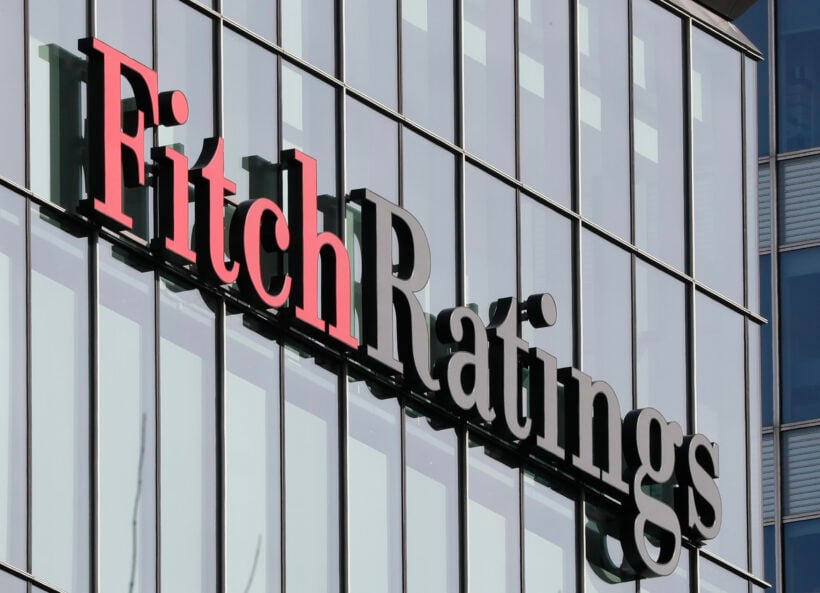
JOHANNESBURG, April 10 (Reuters) – Pressure from U.S. aid freezes and global trade tension is unlikely to result in widescale credit downgrades in Africa, Fitch Ratings said on Thursday.
The impact of tariffs on Africa is limited, Fitch said, due to the region’s export composition and weaker integration into global supply chains compared to a region such as Asia.
But Sub-Saharan Africa has been one of the largest recipients of funds disbursed by the United States Agency for International Development (USAID) which was frozen by executive order of U.S. President Donald Trump.
Nonetheless, South Africa, Namibia and Ivory Coast remain relatively shielded from recent events, Paul Gamble, head of Middle East/Africa in Fitch’s Sovereign Ratings Group, said.
And Nigeria and the Seychelles both hold positive credit outlooks from Fitch Ratings – an indication that a rating is expected to be raised in the future – thanks to ongoing reforms, he told a webinar.
“The reforms that we’ve seen really put the region in a better position to absorb some of these shocks,” Gamble.
“The impact for the ratings looks manageable.”
However, the freeze on U.S. foreign aid was not without negative consequences, Fitch said.
Some of the poorest nations were at risk for having projects come to an abrupt end and would see fiscal stability come under pressure. Ethiopia received U.S. assistance worth around 80% of its foreign exchange reserves, with Mozambique, Uganda, and Lesotho also seen at risk.
“African-owned multilateral banks might become more important institutions in this shifting landscape,” Arnaud Louis, senior director at Fitch, said on the webinar.
Gamble also pointed to Washington’s pivot to strategic investments in minerals in Africa as potentially becoming a new sphere for the trade tensions as it could intensify competition on the continent with China.
“Africa will be a playing field for U.S.-China tensions,” said Gamble. The U.S. interest is becoming “more opportunistic, transactional” focusing on access to minerals and rare earths rather than broad-based development, he said.
The Trump administration has said it wants to invest billions of dollars in the Democratic Republic of Congo. Congo’s minerals, which are used in mobile phones and electric cars, are currently dominated by China and its mining companies.
(Reporting by Colleen Goko; Editing by Alison Williams)

